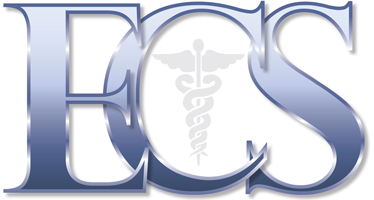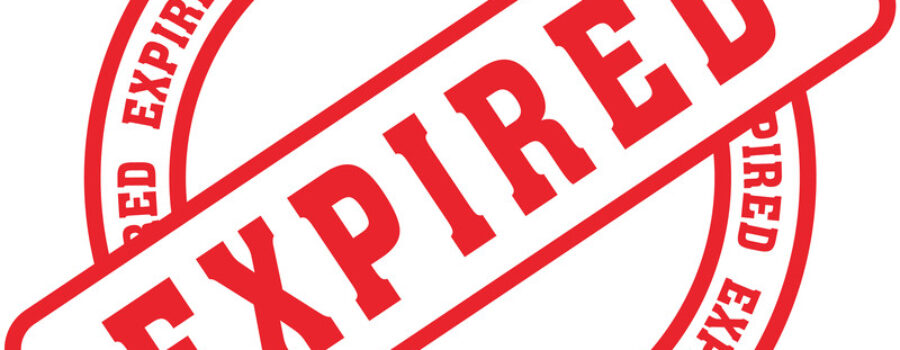Who’s keeping an eye on your providers’ expirable data? What exactly should they be monitoring and how important is it to keeping your providers in-network with the insurance carriers?
Having a reliable system in place that tracks and maintains this data is a proactive approach that helps reduce loss in revenue and decrease the timeline of credentialing and re-credentialing processes.
Here is a list of expirable documents that should be monitored and the reasons why they are so important:
- Malpractice Insurance– Often the most overlooked document in the world of expirables! Forgetting to renew your malpractice coverage can have disastrous consequences. You can lose hospital privileges, as well as incur additional costs in your premiums due to the lapse in coverage. You will also be obligated to report this lapse in coverage throughout your career. Even if the lapse was many years ago you will still be required to report the lapse. Some insurance payers may deny you participation in their network due to a lapse of this kind.
- Professional License (medical, behavioral, nutritional, etc)– For every state you practice in, you must hold an unrestricted and active license to practice. Each state board requires that you renew your license every 2-3 years. If your license isn’t renewed by its expiration date, you can’t practice and if you do practice without an active license, you run the risk of legal ramifications.
- Federal DEA– (for prescribing providers) – Your Federal DEA Registration has an expiration date and is required to be renewed every three years. If you fail to renew your DEA registration, your prescription writing ability will be revoked. The loss of your DEA license can lead to fines and even sanctions by the medical board for writing prescriptions without a valid DEA. This lapse can also cause your professional insurance premium to skyrocket.
- CAQH– This is an online application that is required for payer credentialing of any provider in most states. This database is used by most insurance carriers for credentialing you into their network. The application MUST be kept current by re-attesting every 120 days or you run the risk of interruption in claims payment. For example, if you allow your CAQH to expire and Humana tries to re-credential you using CAQH as their source of information, they can start the process to terminate you from their network.
Your credentials are ultra-important and directly related to your ability to seek reimbursement for your services. They’re monitored by state boards, insurance plans, hospitals, the drug enforcement agency, etc. Don’t rely on outdated methods to keep track of this data (spreadsheet users – you know who you are!). You have options! Credentialing vendors have developed solutions that now streamline and automate this process for you.
Consider a credentialing company that has technology to monitor your expirables and offers comprehensive credentialing and expirable data management services. Never let one of these important documents ‘slip through the cracks’ again!





